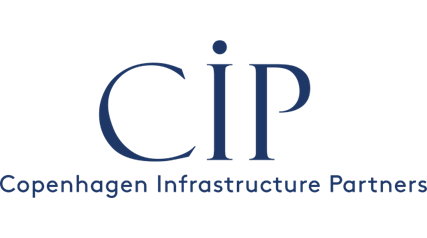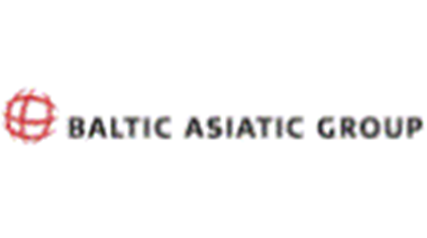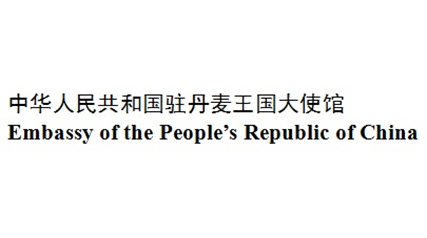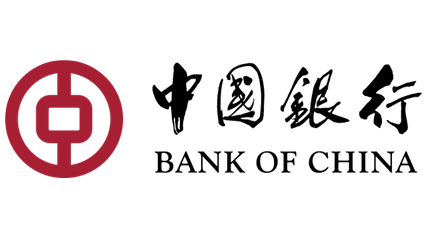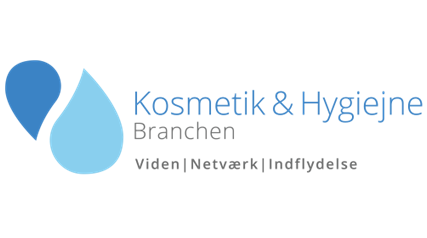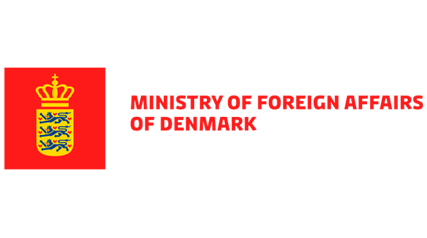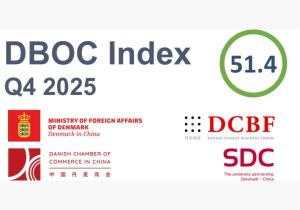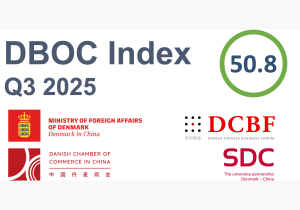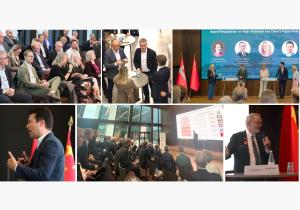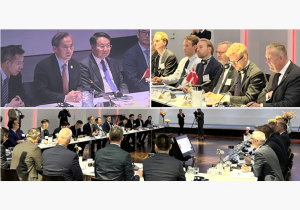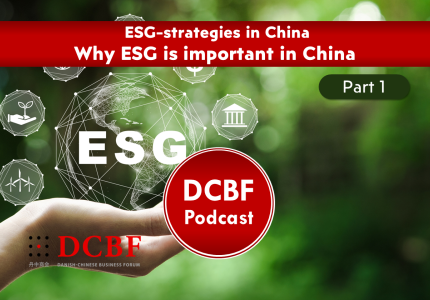
OUR
Members
OUR
EVENTS
E-Commerce: Selling to China on WeChat
Date: March 12, 2026
Event: Supported Webinar
About the Webinar
In this session, Rixin Jiang, CEO and Co-founder of Nordic Friend Agency, will present the main characteristics of WeChat for e-commerce, with an expert guide on how to actually create and run an e-store on the platform. The keynote presentation will be followed by a Q&A session. Take the opportunity to listen in and get up-to-date insights on how to optimize your e-commerce strategy in China.
Cross-border e-commerce (CBEC) can allow European businesses to introduce their products faster to the Chinese market, with lower costs, and potentially to sell products otherwise not allowed for import via general trade, such as certain F&B categories that require government protocols. Futhermore, goods imported into China via CBEC enjoy preferential tax rates.
(Members of DCBF can register for free) - Sign up for the event here
About the Webinar Series
In 2026, the EU SME and the China-Italy Chamber of Commerce are organising a series of webinars with practical guidance on China’s major e-commerce platforms. For this episode of the series, they invite European enterprises to a session on how to sell products via WeChat, China’s ubiquitous app and digital ecosystem.
China’s Chemical Sector today - between overcapacities, innovative ingenuity and decabonization responsibility
Date: March 13, 2026
Event: Supported Webinar
About the Webinar
Through CMG’s signature in-depth approach and vantage point, they will help shed light on what is going on in key Chinese economic sectors, offering another critical source for international business to help evaluate and reality-check opportunities and risks, trigger a re-think of business strategies about how to most effectively engage in China’s market and policy system as well as how to position towards maturing Chinese corporate capabilities.
The pilot session of the “Sector Dialogues” webinar series is dedicated to the theme of China’s chemical sector, Markus Hermann Chen, Co-Founder and Managing Director of China Macro Group, will talk to Pang Guanglian, Executive Board Member & Vice Secretary General at China Petroleum and Chemical Industry Federation (CPDIF). Take the opportunity to listen in and ask your questions to Pang Guangliang.
(Members of DCBF can register for free) - Sign up here
About the Webinar Series
DCBF is thrilled to announce a new thread of webinars launched by China Macro Group (CMG), focusing on key sectors of the Chinese economy. Their goal is to curate relevant and practical dialogues with sector representatives engaging on wide-ranging issues across market and policy trends, as well as the role of foreign business, geopolitical factors or sector sentiment more generally.
Building on their 'Staying in Dialogue with China' webinar series which focuses on macro policy factors using a political economy lens to discuss relevant trends and impacts for international business, whereas the ‘Sector Dialogue’ are designed to help connect the macro- to the meso-, and ultimately the micro-level business picture across different sectors in the Chinese economy.
Annual General Meeting 2026
Date: April 22, 2026
Event: Annual General Meeting
Venue: AVK Danmark A/S
About the Event
Danish-Chinese Business Forum is pleased to annouce this year's Annual General Meeting (AGM), which will take place on Wednesday the 22nd of April, 2026. The AGM will be hosted by AVK Group in Galten near Aarhus.
The central theme of this year's AGM is EU-China relations. We have invited several distinguished speakers to provide updates on these topics, which will be announced in the week to come.
Additional details about the event will be shared as the date approaches.
(Only for Members of DCBF)




